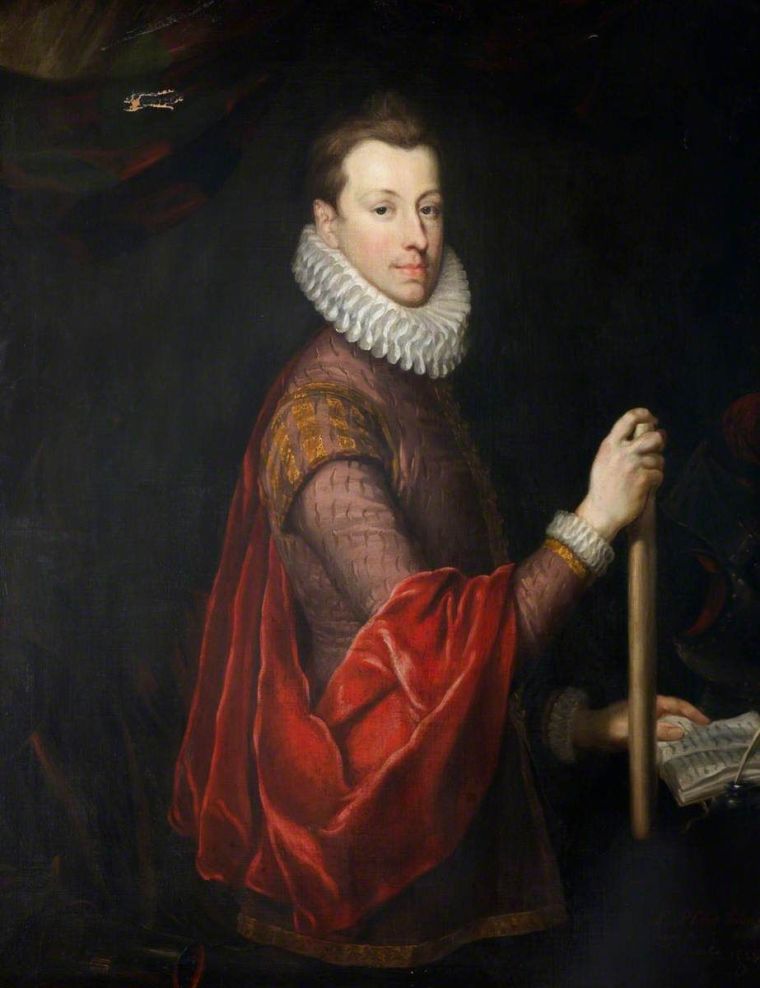William Byrd (c1540 - 1623): Come to me, grief, for ever a 5 voci (pubblicato in Psalms, sonnets, and songs of sadness and piety to five parts, 1588, n. 34). Versione per canto e consort di viole: Emily van Evera, soprano; The Musicians of Swanne Alley.
Come to me, grief, for ever,
Come to me tears day and night,
Come to me plaint, ah helpless,
Just grief, heart tears, plaint worthy.
Go from me dread to die now
Go from me care to live more,
Go from me joys all on earth,
Sidney, O Sidney is dead.
He whom the Court adorned,
He whom the country courtesied,
He who made happy his friends,
He that did good to all men.
Sidney, the hope of lands strange,
Sidney, the flower of England,
Sidney, the spirit heroic,
Sidney id dead, O dead.
Dead? no, no, but renowed
With the anointed one,
Honour on earth at his feet,
Bliss everlasting his seat.
Come to grief for ever
Come to me tears day and night,
Come to me plaint, ah helpless,
Just grief, heart tears, plaint worthy.
Avevamo già incontrato sir Philip Sidney (1554 - 17 ottobre 1586), una delle menti più brillanti dell’Inghilterra elisabettiana, ricordando la sua storia d’amore con Penelope Devereux e ascoltando le tre composizioni su altrettante sue poesie (tratte da Astrophel and Stella) pubblicate nell’antologia A Musicall Banquet (1610) curata da Robert Dowland. Per altre informazioni su Sidney vi rimando all’interessantissimo blog di Luisa Zambrotta.

 George Knapton (1698 - 1778): ritratto di sir Philip Sidney, da Isaac Oliver
George Knapton (1698 - 1778): ritratto di sir Philip Sidney, da Isaac Oliver




